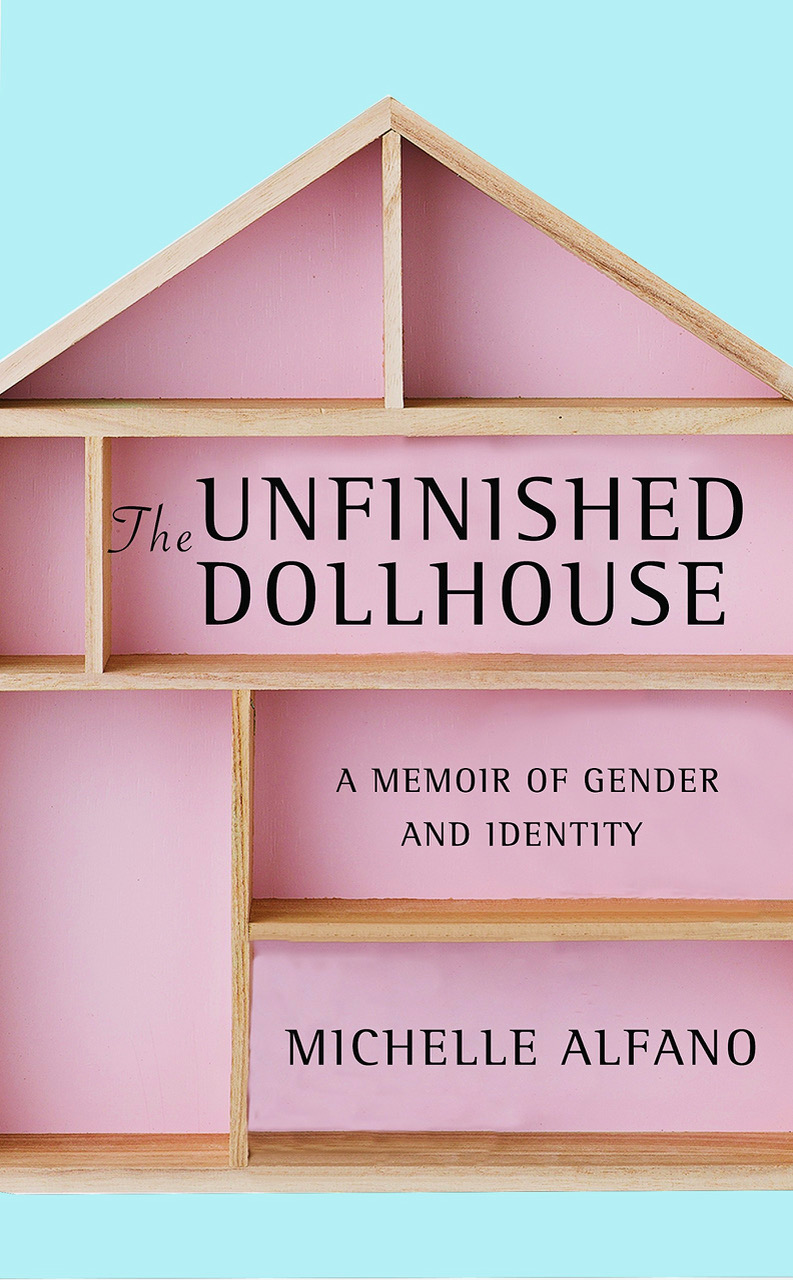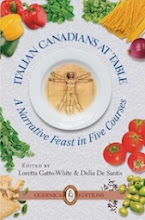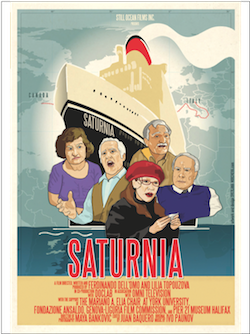 |
| Julianne Moore as Alice |
~ Elizabeth Bishop
Shortly after her fiftieth birthday, Alice begins to experience memory lapses during lectures and starts to lose her way while jogging on campus. Tests confirm that she is soon diagnosed with a rare form of Alzheimer's that is genetically inherited. It is a quick and frightening decline for a highly intelligent and engaged person - even worse, the doctor informs her that the deterioration for highly educated people tends to be more precipitous as they struggle harder and longer to conceal the symptoms.
The most heart wrenching moment in the film for me is when Alice asks John when she starts to fail: "I was smart wasn't I?" and he answers tenderly, "You were the smartest person I knew." That struck me forcibly (that she knew how much she had lost) and the audience around me responded in kind with snuffling and eye wiping.
But my issue with the film is not really with the acting which is very good, the casting which is excellent, or the dialogue which is smart and realistic but with the denouement. Does it suffice in the film that the prodigal daughter Lydia lovingly returns to care for her mother when husband John takes a new job hours away at the Mayo Clinic?
The ending lacks punch and it peters away like Alice's disintegrating memory ... not with a bang but with a whimper.
Honest performances, great dialogue, poignant scenes - but what can we take away from this film? That Alzheimer's sufferers are doomed to a life of confusion and silence? What more?










No comments:
Post a Comment